Toilet makers are being urged to reconsider some dual-flush button designs after new research shows that as many as eight in 10 people inadvertently waste water and flush money down the drain. Dual flush toilets were introduced to help people use less water in their own homes and businesses. By choosing a smaller flush instead of a longer flush, you can save about 2 liters of water per flush. But a new study by WRAS (Water Regulation Approval Scheme) has found that many Britons are confused about how some dual flush buttons are designed. WRAS created 18 typical dual flush designs and asked 2,000 people to identify the short flush button. The focus of this study is on buttons. More than half of respondents incorrectly identified a short flush in 5 out of 18 designs. In the worst case, 81% of respondents chose the wrong button. Ian Hughes, manager of approvals at WRAS, said: "Toilets use around 24 per cent of household water. Dual flush toilets can help reduce the amount of water wasted.” "However, our research shows that many of the designs in use are confusing and we call on toilet manufacturers to provide users with a more visible short-flush option. " Button designs are more effective if they have clear permanent markings to help people identify short flushes. Most people naturally assume that a smaller button means a smaller flush, but the larger button needs to be 1.5 times larger than the smaller button to achieve a recognition rate of around 80%. Some manufacturers use larger buttons to select short flushes. For those involved in the study, this was the most confusing design.


 English
English français
français Deutsch
Deutsch русский
русский italiano
italiano español
español português
português Nederlands
Nederlands العربية
العربية Türkçe
Türkçe Polski
Polski

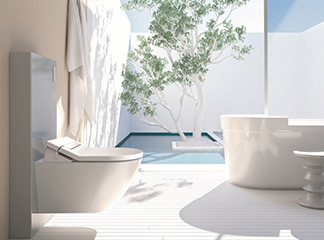
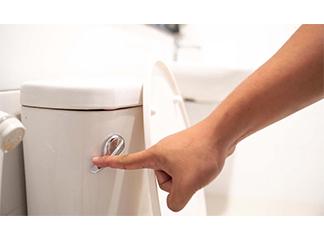
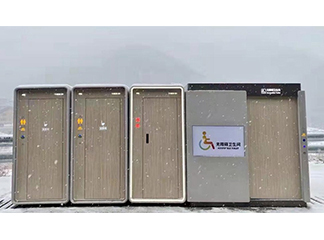
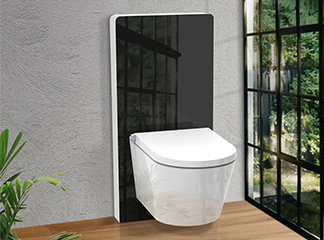
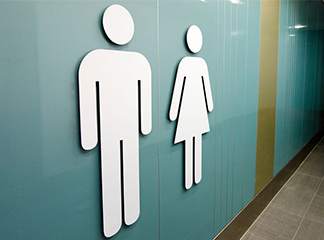








 IPv6 network supported
IPv6 network supported 